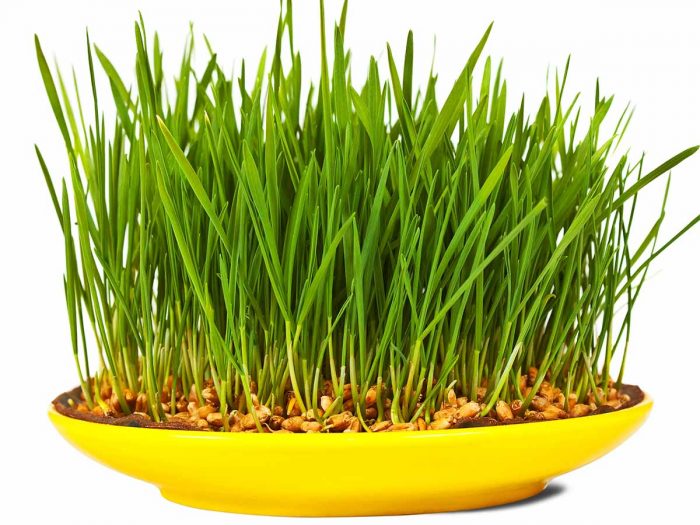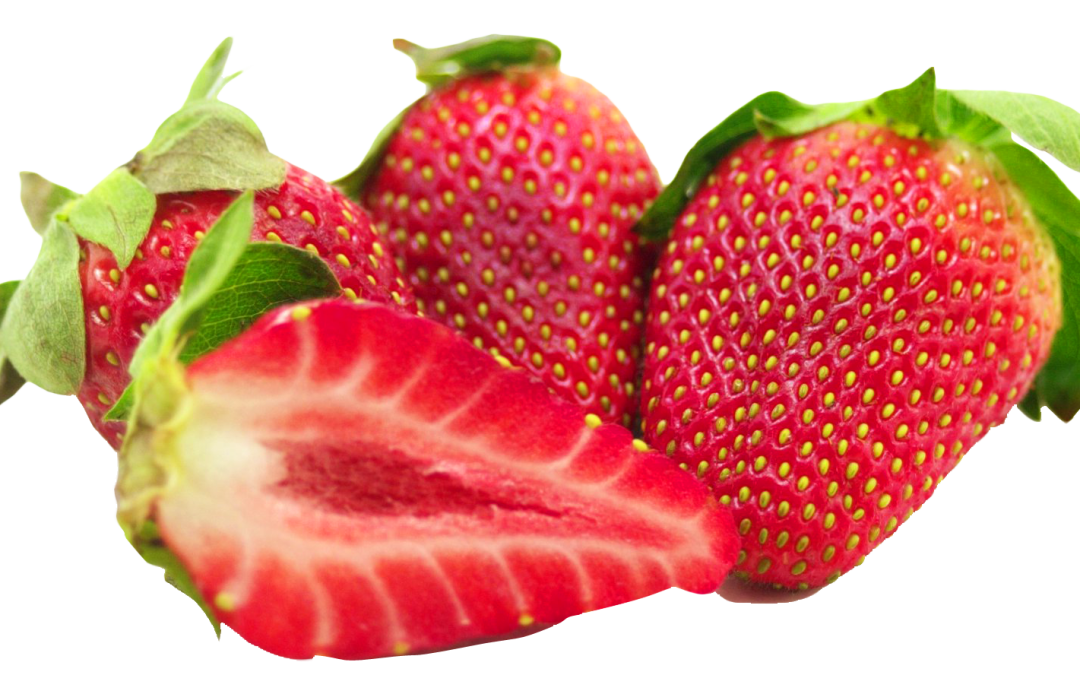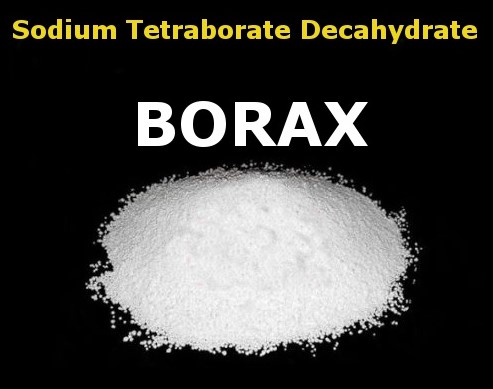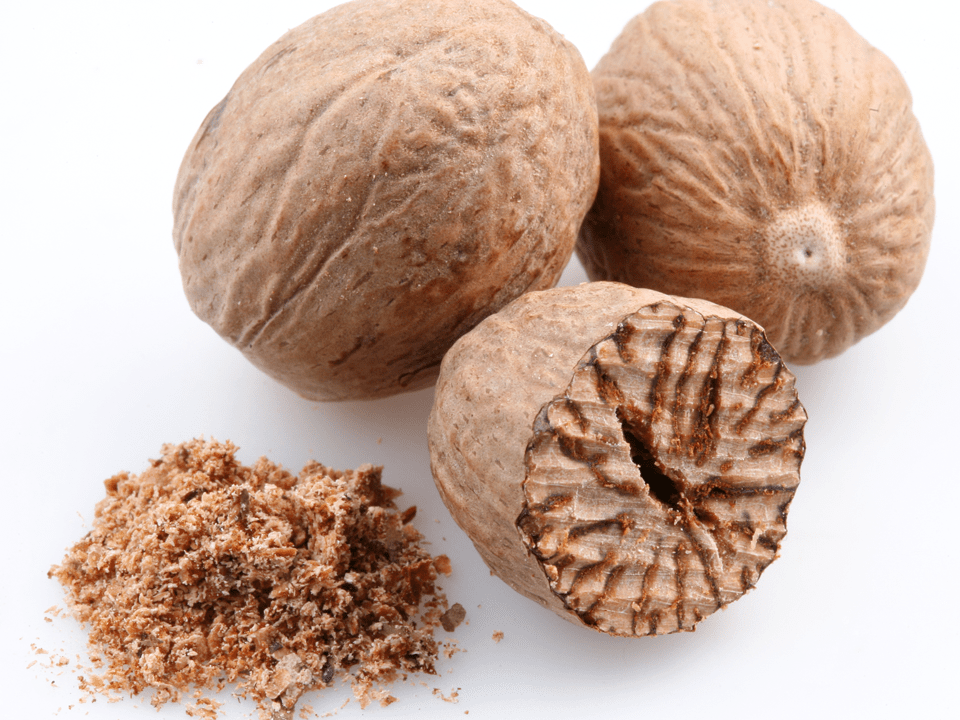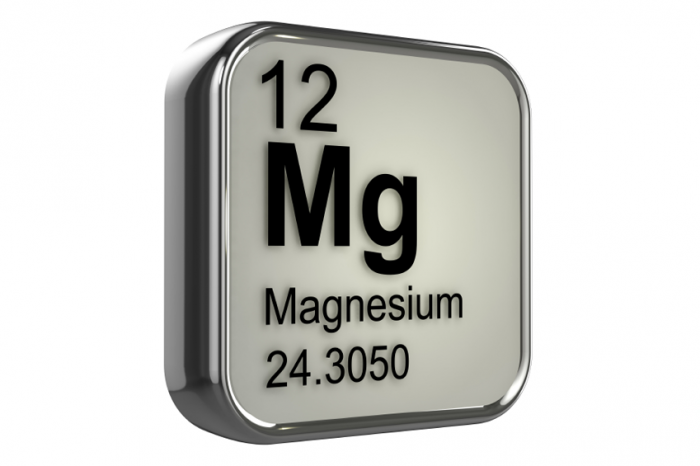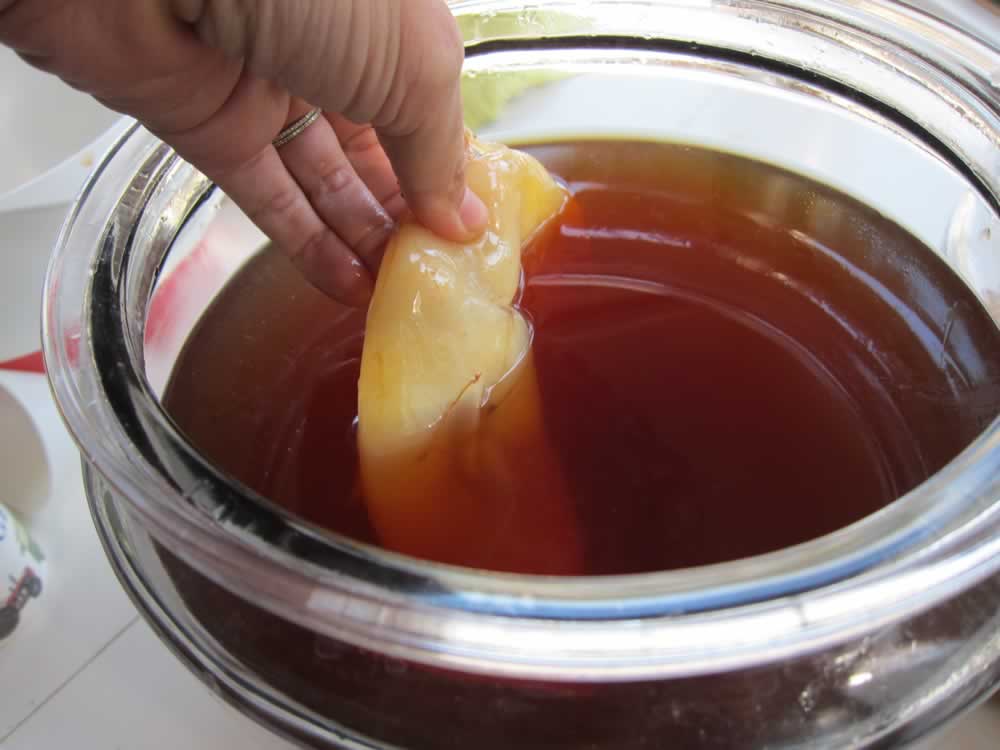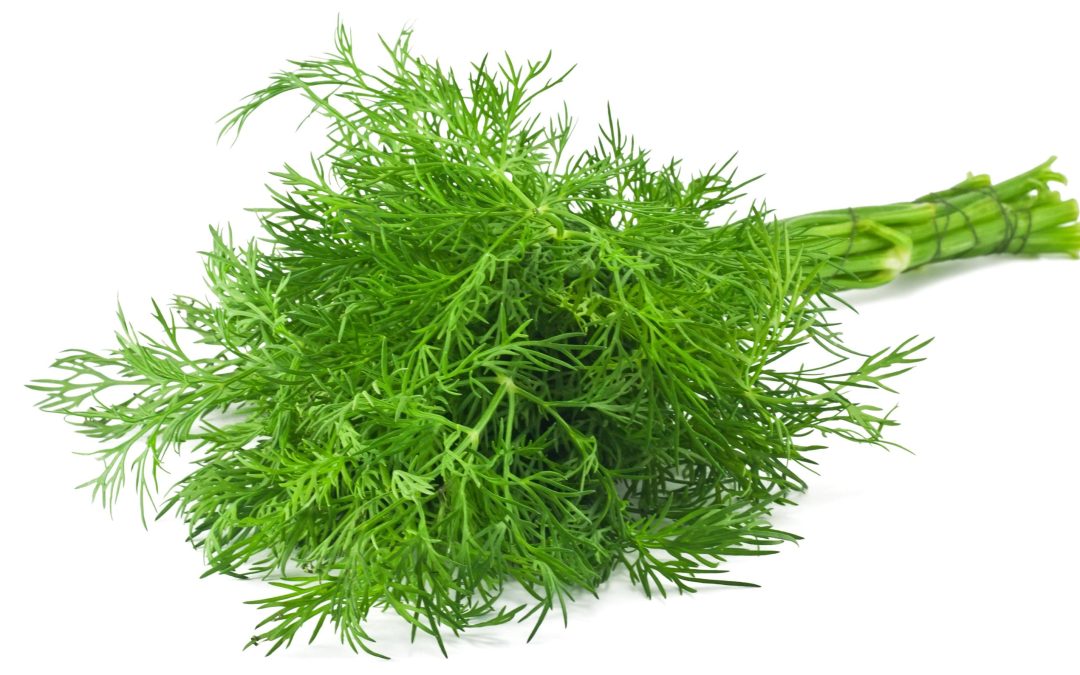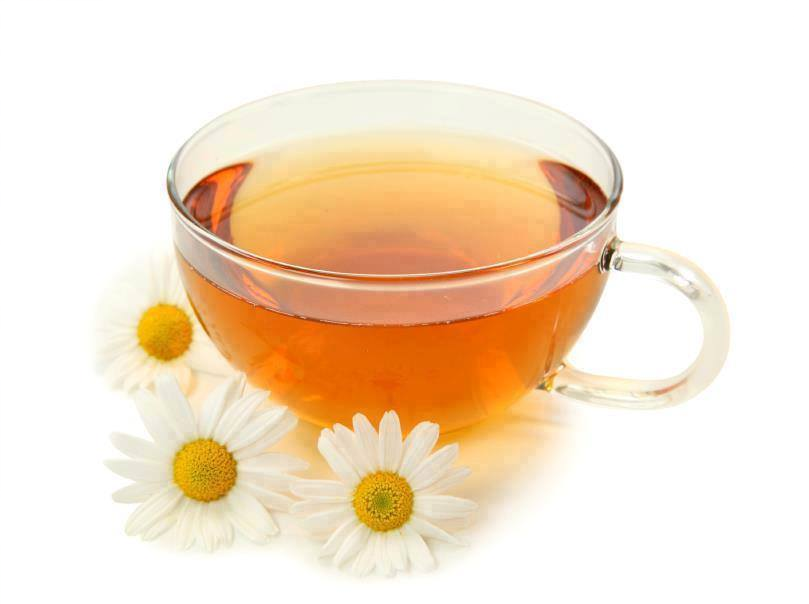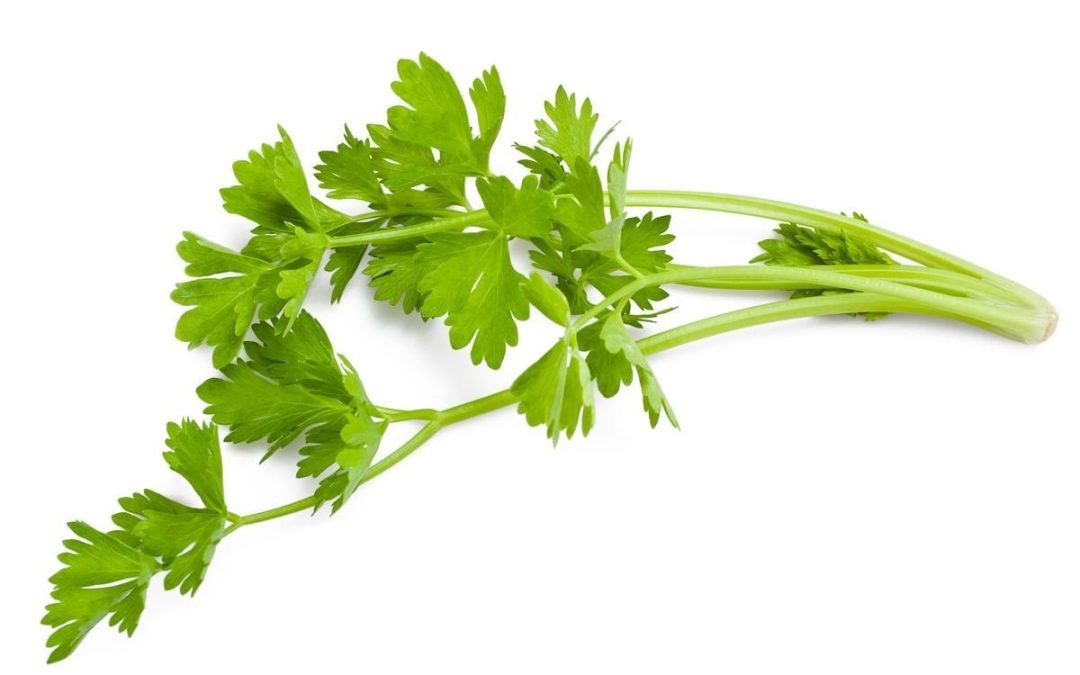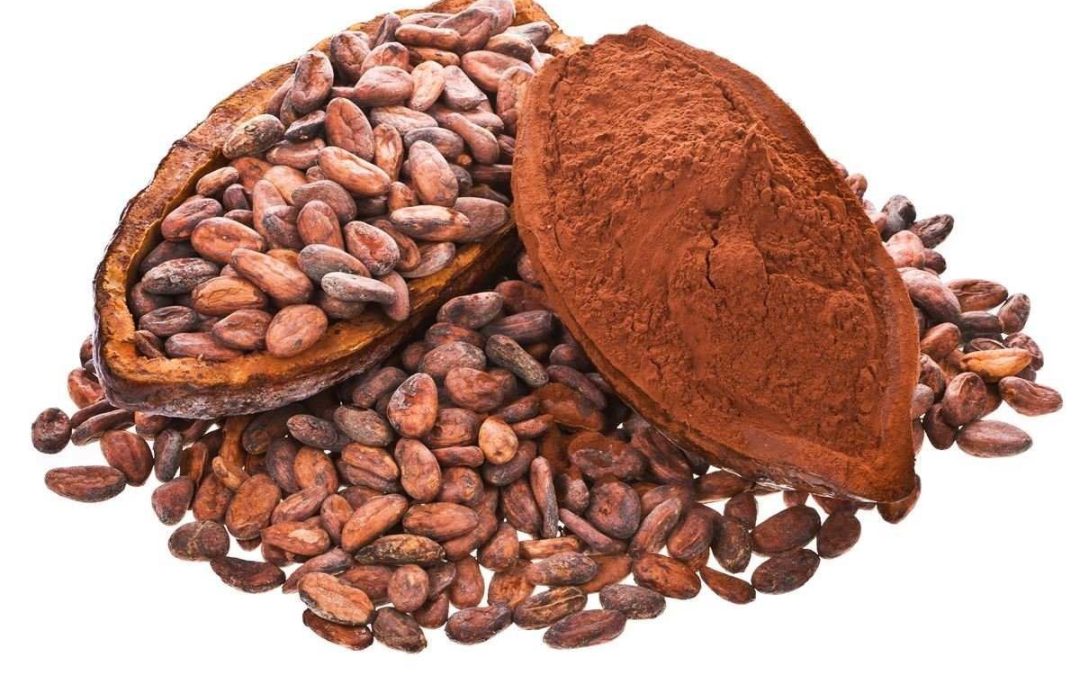Citrus × limon
Lemon information
- Citrus Limon– official name
- pH = 2 -compare to stomach acid pH=1
- Low in calories -27 Kcal per 100 g
- A lemon weighs about 6 oz.
- Lemon is widely grown all over the world -grows in abundance in India, Sri Lanka, Malaysia, Mexico and West Indies.
Lemon Contains
- Vitamin C – antiscorbutic; helps absorb iron; needed for collagen; antioxidant; 40 to 50 mg per 100 g (twice as much as oranges); strengthens blood vessels and prevents internal haemorrhage
- Potassium –145 mg per 100 g fruit – more than apple or grapes
- Calcium -61 mg/100g
- Some vitamin A, along with B1 (thiamine),B2 (riboflavin) and B3 (niacin)
- Citric acid– 2%
- Other constituents(mostly from pith and peel) – include volatile oil (2.5% of the peel), limonene, alpha-terpinene, alpha-pinene, citral, coumarins, mucilage, pectins, and bioflavonoids.
Functions of Lemon Juice in the body
- Alkalizes body – although obviously acidic, LJ contains alkalizing minerals (calcium, and potassium) that are retrieved through its metabolism. Useful for over-acidity in extracellular fluids.
- Cleanses and stimulates the liver and kidneys
- Antiseptic – Low pH of citric acid breaks down bacterial cell membranes. This powerful antibacterial kills bacteria of malaria, cholera, diphtheria, typhoid and other deadly diseases.
- It dislodges phlegm(that causes annoying cough)
- Liver tonic – lemon juice stimulates liver to produce bile; in turn, a more effective liver is better able to purify blood.
Lemon Helps in digestion
- Via improving bile production in the liver – LJ improves digestion of fats.
- Stimulates the flow of saliva and gastric juice
- Amount of acid in LJ does NOT significantly alter stomach acid pH to affect stomach digestion
- It is a diuretic – increases urination, prevents water retention.
Other parts of lemon have therapeutic benefit
- Volatile oils in lemon rind – ease heartburn, bloating and constipation and expel wind from the digestive tract.
- The bark of the lemon tree – is used as febrifuge, which prevents fever
- Seeds – used as a vermifuge, which expels worms from intestine.
Health Benefits of lemon juice
- Prevents or restrains influenza and cold
- Scurvy – due to vitamin C content. Limes, which kept well on long voyages, were used by sailors in the 19th century to prevent bleeding to death through arterial wall due to lack of vitamin C
- Maintains health of the teeth and the bones – vitamin C content of lemon helps considerably in calcium metabolism.
- Used for constipation and indigestion
- Helps those with heart problems when taken regularly –due to potassium content
- Improves bile flow
- Great skin cleanser –contains alphahydroxy acid for light natural “peel”, and has antiseptic and astringent properties. Also, consuming LJ cocktail daily aids skin condition from within.
- Used externally for acne, fungus(ringworm and athlete’s foot), sunburn, stings, and warts, corns (Tie a fresh slice of lemon over the painful area at night and leave overnight).
- High blood pressure – potassium content good for the heart
- Kidney stone preventative and treatment
A University of California study on lemon juice determined that it is a viable alternative to citrate supplementation – which is the common treatment for kidney stones. Researchers showed that using LJ and water increased urinary citrate levels without changing urinary volume (the same as citrate, but better tolerated and complied with).
In another study, scientists proved that LJ inhibited the build-up of calcium oxalate crystals in the kidneys – During this study, all the subjects were given a water solution containing ethylene glycol and ammonium chloride. Half of the group were also given an additional water solution made with either 100, 75 or 50 % pure lemon juice. The results were astounding, showing no kidney stones or deposits in those subjects who were given the 100% or 75%t lemon juice solutions.
Oral/Dental problems – high vitamin C content of LJ strengthens the gums and teeth, preventing/curing gum inflammation, pyorrhoea, dental caries, and gum bleeds Adding a little LJ to your mouth rinse water helps kill bacteria responsible for halitosis. A study found that LJ had antifungal properties and was effective against oral candidiasis (thrush).
Also useful for
- Toothache -It is reported that toothache is minimized by massaging fresh lemon juice in painful area
- Sore throats
- Haemorrhage – Lemon is effective in the haemorrhage or bleeding of lungs. stomach, intestines, uterus, kidneys and other internal organs. In these cases, lemon juice should be taken with water several times a day.
- UTIs and high uric acid problems – diuretic quality flushed urinary tract
The Real Benefits of Lemon Water According to Science
We’re interested in the part that adds vitality and incredible cleansing effects on the body. If the patient has begun our cleansing program and are is the path to gaining better health through diet and lifestyle changes then making a replacement of lemon water for the usual morning coffee is the first step. We truly believe that we have the power to heal our bodies by adapting what we consume every day.
What We Know About Lemons
Botanically it is a citrus fruit in the Rutaceae family (scientifically known as Citrus Limon), and while being the smallest in its family has more comprehensive health benefits than its family members. They are likely to have originated in India around the Himalayan foothills and spread from there.
Lemons as a Source of Vitamin-C
- We know lemons are high in vitamin C which is essential for normal growth and development.
- A single lemon contains around 30-40 mg of vitamin C, (in comparison an orange contains around 80-90 mg of vitamin C).
- Vitamin C has been studied extensively and shown to have a myriad of health benefits from protecting against prenatal problems, cardiovascular disease, eye diseases, skin wrinkles, and immune system deficiencies.
- It acts as an antioxidant and helps protect cells from damage caused by free radicals.
Lemon Water as Detox and Cleanse
This is the first benefit that comes to mind when it comes to lemon water, and usually the most overstated. We’ve cited a few scientific sources that give true insight on the potential for lemon water as a natural detox. Not surprisingly, the amount of urine is increased when drinking Lemon water however lemon water brings with it the primary compound known as Citrate.
This is a naturally-occurring inhibitor of toxins (which can build up in the form of crystals in the body). The Citric acid enhances your body’s ability to naturally flush out these unwanted toxins.
Two of the more well-known studies shed some light on the use of lemon as a cleanse:
As published by Dutch researchers in a 2002 edition of the European Journal of Nutrition, lemon peels and the waste stream of the lemon peels are effective in lowering blood and liver cholesterol levels. Although performed on animal subjects, these results insinuate that lemon peel consumption could be beneficial to those with fatty liver disease.
As published by Indian researchers in a 2005 edition of BMC Pharmacology, hesperidin (a citrus bioflavonoid found in lemons) demonstrates the ability to protect the liver from damage. After administration of CCl4 (a well-known liver toxin), the authors concluded that hesperidin demonstrates a protective effect on the liver. Our liver is where we filter everything we consume and neutralize many toxins. We’ve covered the various methods of cleansing with related products like apple cider vinegar.
These studies shed light on the lemon’s ability to enhance the liver’s function of filtering out unwanted toxins. The main premise behind lemon water as a detox revolves around its ability to enhance your body’s enzyme function and stimulate the liver. Studies indicate that in cases where toxins have built up in the body, the lemon juice and peel have cleansing properties. Using lemon water, especially after meals may help you lower the amount of toxins in your body.
Improve Digestion with Lemon Water
Citrus flavonoids are the primary cause of improved digestion when drinking warm lemon water. They aid in the assimilation of food, help prevent fatty liver, decrease chances of cardiovascular disease, fat-lowering, and reduced insulin sensitivity. This has to do with its ability to inhibit certain synthesis of fat in the body.
Citrus flavonoids act as a great digestive tonic, with appetite suppressing abilities. It has also been shown to calm an upset stomach or mild indigestion. This has to do with the hydrochloric acid in your stomach that starts the process of breaking down your food. It is believed the citrus flavonoids in lemon water support the hydrochloric acid in the stomach in breaking down food.
The best way to utilize lemon water as a digestion aid is to also include the zest of the lemon which will improve the good bacteria in your gut.
Alkalize with Lemon Water
If you’re new to the concept of alkalinity, it’s the process of neutralizing acid in the body. The basic idea is your body has certain acids that can build up causing negative side effects such as acid reflux, upset stomach, acidosis, and beyond.
Lemon water is a safe and effective way to manage your pH levels and achieving healthy alkalinity may benefit in bone health, reduced muscle wasting, decrease chances of hypertension and strokes, improved cardiovascular health, and improved memory.
Cholesterol
Pectin and polyphenols are the main substances found in lemons that have more research available showing weight loss and appetite suppressing qualities. Pectin gives a feeling fullness much like other soluble dietary fibres, which may help reduced caloric intake. In one study these two substance increased fat metabolism, increased HDL (good) cholesterol & lowered LDL (bad) cholesterol and decreased the production of inflammation. The main study was carried out by Drs. Sheau C. Chai, Shirin Hooshmand, Raz L. Saadat, and Bahram Arjmandi, of Florida State University.
DBM Protocol – Adjunct Treatment – Lemon Juice
How to take lemon juice?
- One should NOT drink concentrated lemon juice –its acid is injurious to the enamel of teeth. Drinking through a straw to avoids this problem
- Lemon Juice detox – Combine fresh-squeezed juice of half a lemon with about 200 – 250ml cold or warm (not too hot) water – optionally add some raw honey to taste.
- Drink once or twice a day.
- Cleanses body when LJ mixed with cold water and taken on an empty stomach early in the morning – Add a little raw honey to make more palatable – optional.
- Sore throat – dilute juice of half a lemon 50/50 with water and gargle frequently.
- Constipation – Use warm water in lemon juice drink when you want to relieve constipation.
See also Lemon Tea – Hydration Recipe #3
Article Source: medicinalplants




